

CarExpert.com.au
When do double demerit points start for the 2025-2026 Christmas holidays?
52 Minutes Ago

Contributor
Toyota has slashed its production forecast for February 2022 on the back of COVID-related shortages.
Rather than the 850,000 cars it planned to produce, the brand says it will build 700,000 due to “a parts shortage resulting from the spread of COVID-19, causing various inconveniences to our customers and all parties concerned”.
“Toyota Australia continues to work closely with our global production team to support our dealers and our customers,” Toyota Australia said in a statement.
“Together with our parent company, we are doing everything we can to get customers into their new Toyota vehicles as soon as possible. We ask customers seeking an update on their individual order to please contact their local/preferred dealer, who is best placed to assist.”
We apologise to customers experiencing delays and sincerely thank them for their patience.
11 production lines across eight factories will be hit. The cuts impact production of the GR Yaris, the Corolla, RAV4, Prius, Camry, C-HR, Yaris, and Yaris Cross sold in Australia. They’ll also hit the Lexus ES, LS, NX, and UX offered locally.
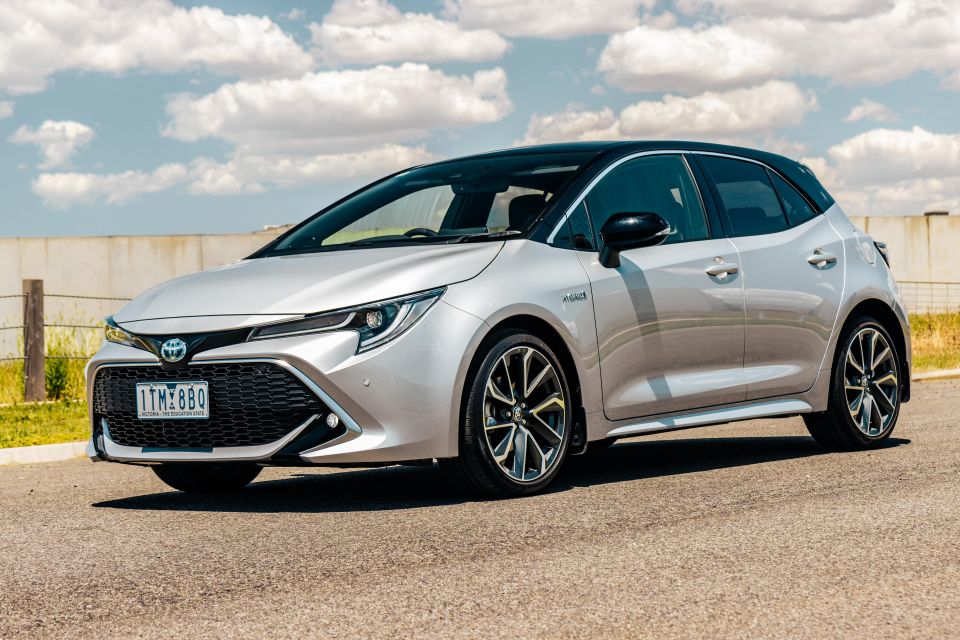
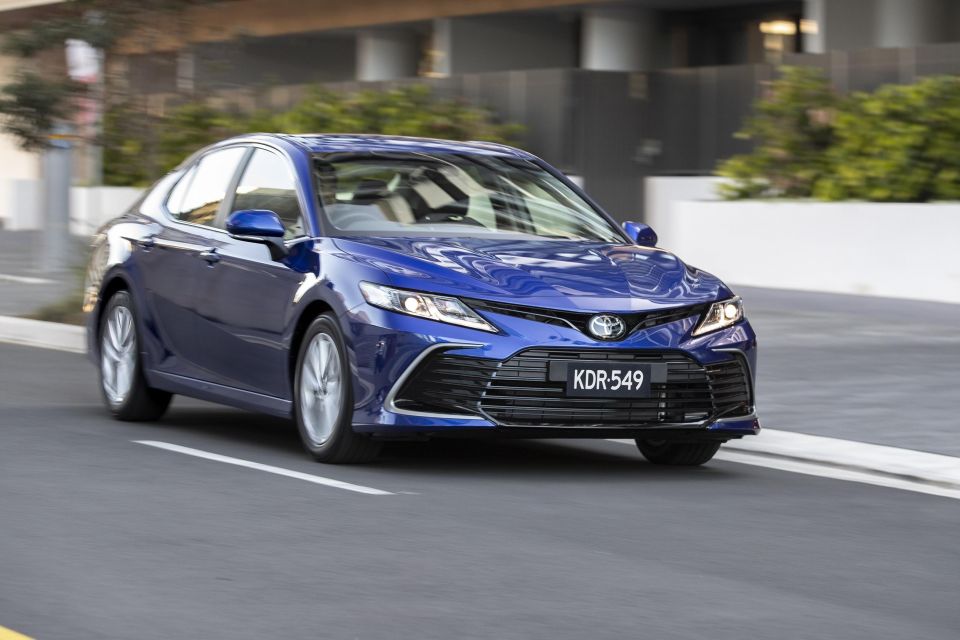
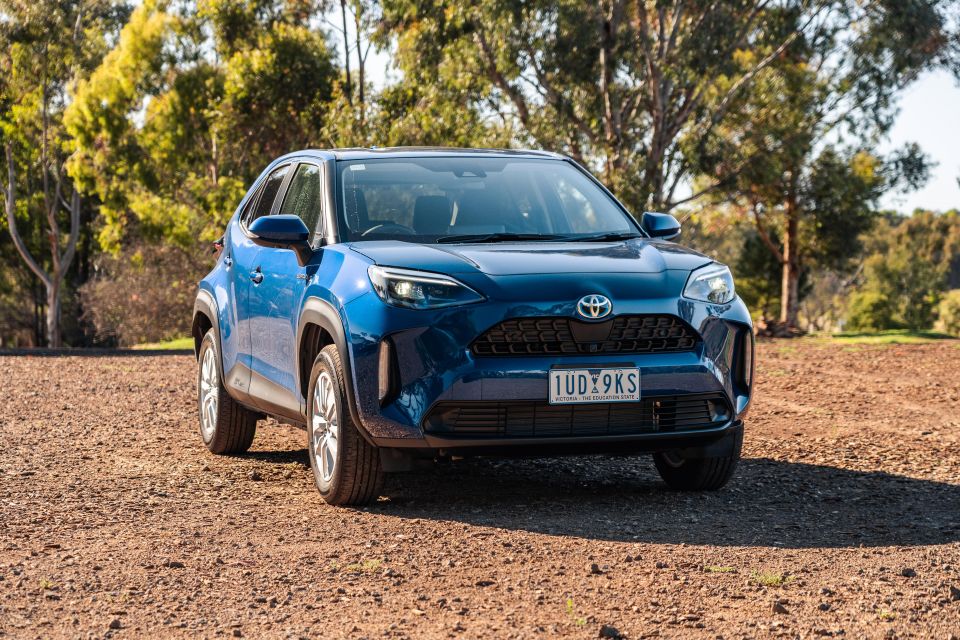
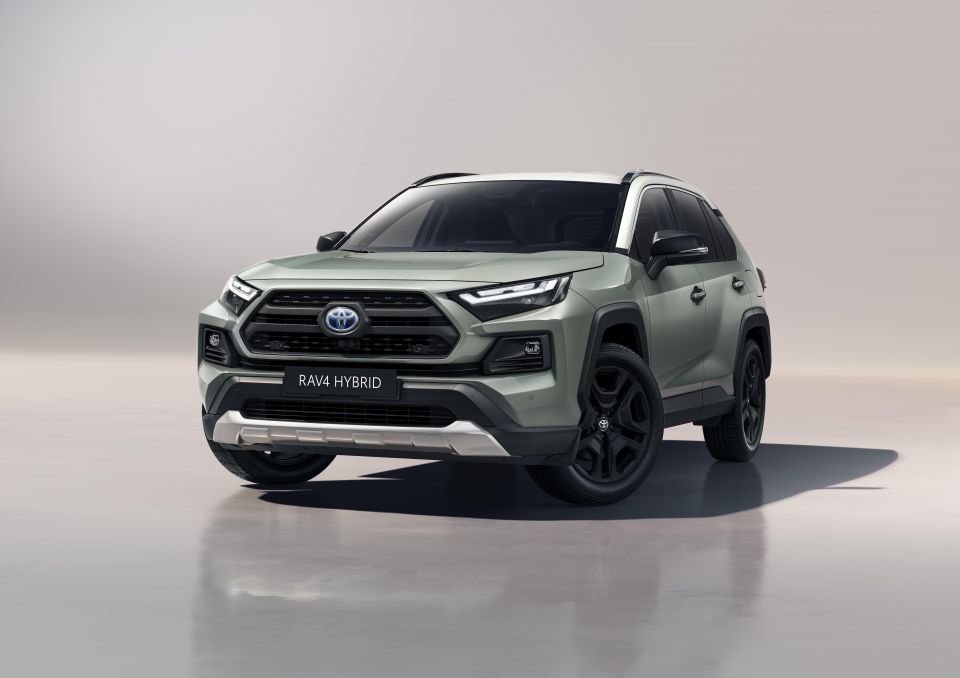
“With regards to the shortage of semiconductor-related parts, we will continue to examine the situation and consult with all companies involved in considering the use of substitutes where possible in anticipation of a continuing shortage,” Toyota says in its global statement.
“We will also continue to work with our suppliers in strengthening the supply chain and make every effort to deliver vehicles to our customers as soon as possible.”
It’s the latest round of production adjustments at Toyota, which has been hit hard by COVID-19 in Asia and south-east Asia.
The brand in September 2021 cut its output from 900,000 cars to just 470,000 and, in October 2021, produced 330,000 fewer vehicles than initially forecast.
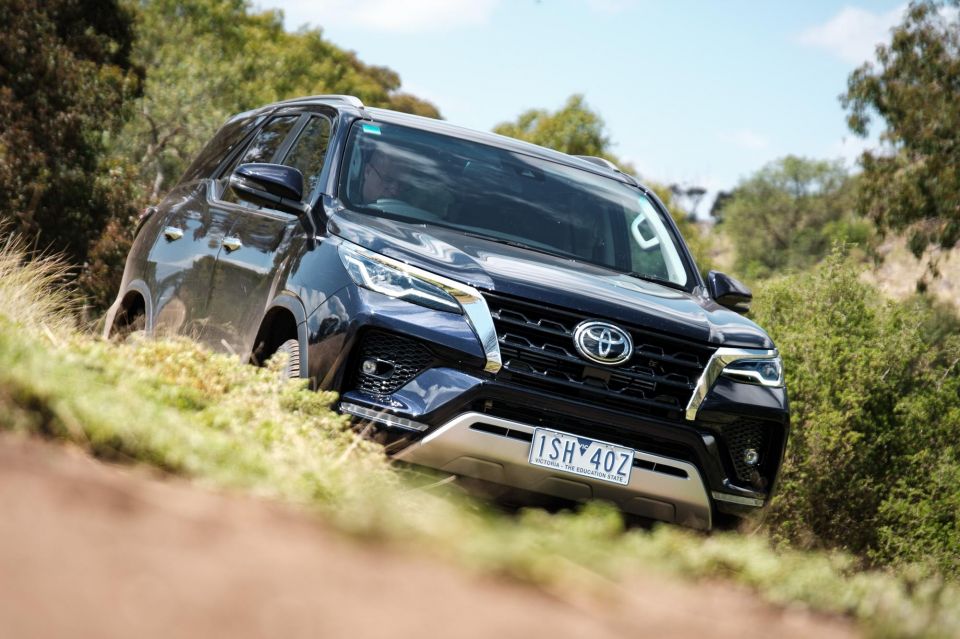
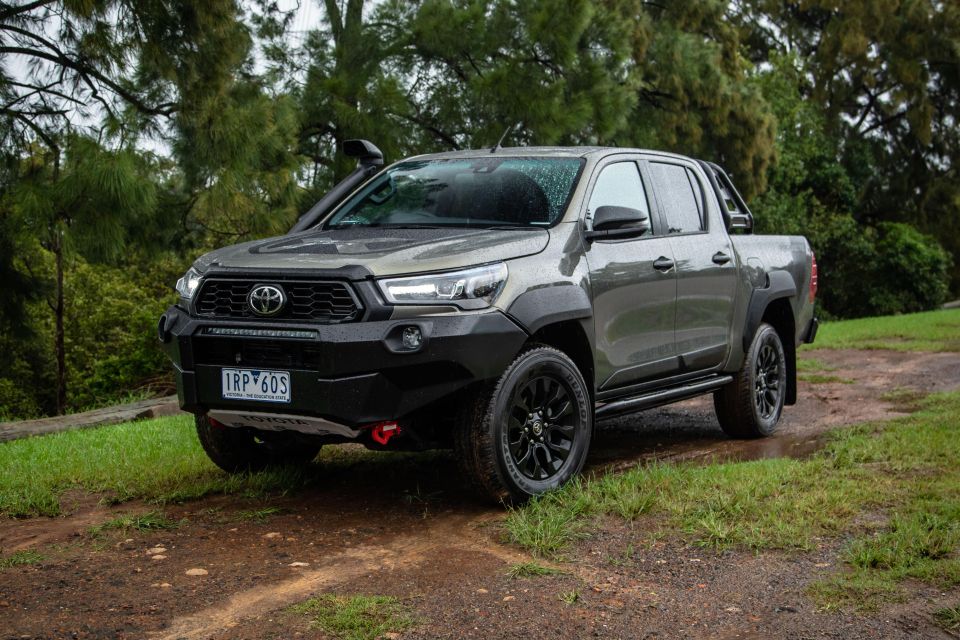
Those cuts came after Toyota was forced to pause HiLux and Fortuner production in Thailand during July 2021, once again due to COVID-19.
Toyota Australia has been fighting supply shortages across a number of its best-selling models. Late in 2021 it apologised for the long waiting lists plaguing dealers, and acknowledged most of its vehicles are expected to suffer short supply for the immediate future.
The company admitted three-quarters of its models have average wait lists of up to six months, while big-volume models such as the LandCruiser 70 and RAV4 Hybrid have average wait times across the dealer network of 9-10 months.
Where expert car reviews meet expert car buying – CarExpert gives you trusted advice, personalised service and real savings on your next new car.
Scott Collie is an automotive journalist based in Melbourne, Australia. Scott studied journalism at RMIT University and, after a lifelong obsession with everything automotive, started covering the car industry shortly afterwards. He has a passion for travel, and is an avid Melbourne Demons supporter.


CarExpert.com.au
52 Minutes Ago


Ben Zachariah
3 Hours Ago
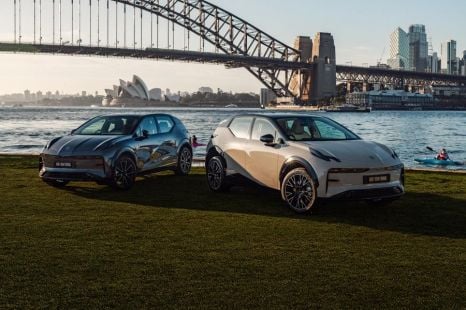

Max Davies
3 Hours Ago
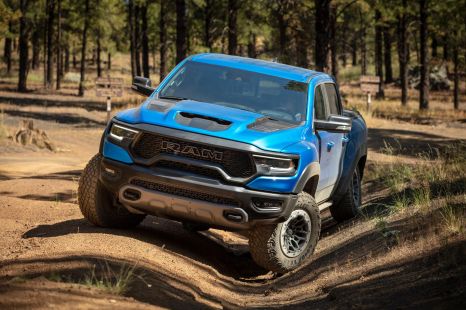

Derek Fung
4 Hours Ago
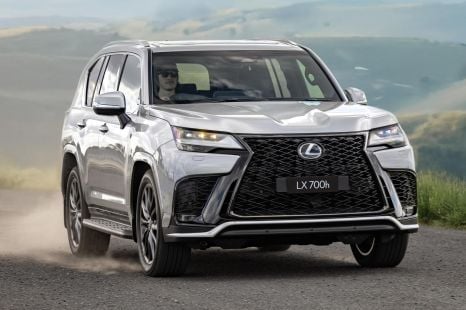

Derek Fung
4 Hours Ago
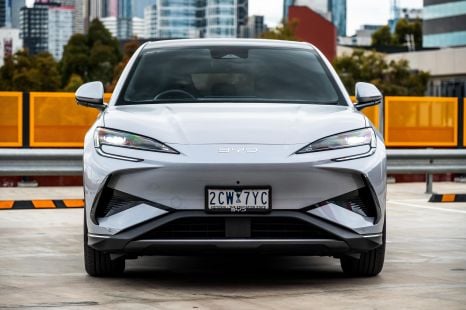

James Wong
11 Hours Ago